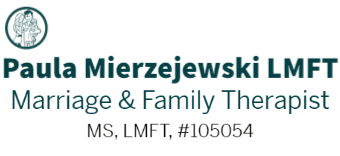My approach is to help family members identify how their family functions. Family therapy helps all family members to work on their problems together and teaches how to manage conflict and change in healthy ways. If a family member has behavioral or emotional issues, family therapy focuses on strengthening the family as a whole and not just on that one family member. Family members learn strategies to resolve issues causing problems. Each family member learns to take responsibility for his or her actions and, if necessary, alter behavior to improve the family system. Family systems work focuses on changing problem behavior among family members so they see themselves, each other, and their roles in a more effective manner. The treatment is aimed at changing the unspoken rules of engagement between individuals rather than just changing behaviors.
Family therapy can be very effective for any family where one or more members is experiencing behavioral or emotional distress. Families dealing with an eating disorder, depression, anxiety, trauma, and other mental illnesses may especially benefit from family therapy. Families with a high degree of conflict or poor communication skills may also benefit from family therapy. Sometimes family therapy is needed after a significant change has taken place, such as a divorce or remarriage. Families where one or more members have different religious, cultural, or other beliefs and values than the other family members might also find family therapy useful in managing conflict.
The goals of treatment depends on a family’s needs. The main goal of family therapy is to achieve harmony and balance within the family system. This might involve building communication and problem-solving, or learning to manage conflict.
